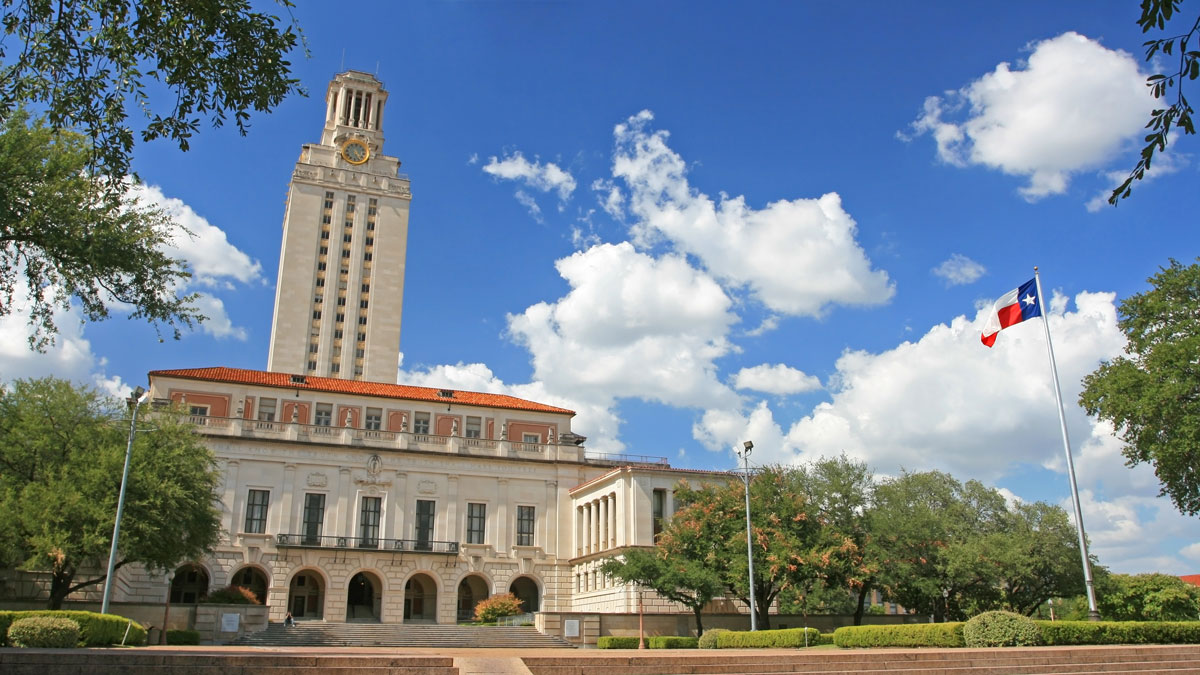I have written about the Texas Higher Education Coordinating Board (THECB) and its strategic plan Building a Talent Strong Texas (also formerly known as 60X30TX). In addition to striving to have one of the highest postsecondary completion rates among states in the U.S., the THECB’s student debt goals stand out for their transparency and focus on keeping student loan balances low for graduates of their public institutions. In addition, they track the ROI of degrees offered at their public institutions.
The THECB has not shied away from tough projects. Many community colleges in the U.S. lament the difficult path for transferring credits to four-year universities in their state systems. In 2014, THECB implemented the Texas Core Curriculum, a 42-semester credit hour (SCH) for all undergraduate students in Texas public institutions of higher education. All courses designed as courses in the core curriculum are automatically granted transfer credit. This includes credit from community colleges as well as dual credit earned by high school students. THECB tracks the number of high school students participating in dual credit programs each year with a goal of increasing dual credit enrollments.
THECB’s Digital Design for Student Success project that contracted with faculty from UT Austin, Texas A&M, and Rice University to build the best online general education courses to be shared among all Texas colleges and universities (and beyond with the courses classified as Open Education Resources), was a major step toward progress in tuition cost reduction that few state higher education coordinating boards or systems have taken. All of these courses classify for earned credits in the state’s core curriculum.
When the legislature considered increasing financial support to Texas’ community colleges, THECB and its Building a Talent Strong Texas team provided support in writing and in the halls of the state’s legislature. The Texas 2036 organization supported the community college initiative as well.
Commissioner Harrison Keller’s annual state of Texas higher education address in December 2022 emphasized that Texas needs to create impact at scale. He noted that Governor Abbott and the legislature had emphasized higher education by creating the Governor’s Emergency Education Relief (GEER) funds and $360 million had been distributed for financial aid ($200 million), innovative programs ($100 million), and new support structures for higher education including a new state data infrastructure.
Dr. Keller discussed the upcoming higher education issues on the 88th legislature’s agenda. First was a focus on affordability and accessibility, keeping Texas’ public institutions affordable and accessible for its citizens. Second was a focus on community college finance, providing the funding to align community colleges with the Building a Talent Strong Texas goals. Third was a goal to bolster the state’s research and development infrastructure by putting more of Texas’ public universities in a position to compete in the global economy.
In a June 2, 2023 press release, THECB cited the passage of Texas House Bill 8 focusing that overhauled the funding methodology for community colleges with a focus on improving outcomes and providing the funding mechanism to incentivize community colleges to add the services necessary to increase enrollments and completions. A second release dated June 9, 2023, provided more specificity about House Bill 8 including the allocation of $683 million in budget funding and tying funding to measurable student-focused outcomes including:
- The number of credentials of value awarded, including badges, certificates, and degrees that position graduates for better paying jobs.
- Credentials of value awarded in high-demand fields where employers are looking for skilled employees.
- Successful student transfers from community colleges to four-year universities.
- Completion of a sequence of dual credit courses, which are offered to high school students and can set them on early pathways to success.
Given THECB’s annual report that tracks major statistics like these, the legislature’s request for accountability will be easy for the community colleges to comply with.
The June 2, 2023 release also cited House Resolution 3 and House Bill 1595 which would create the Texas University Fund and expand the state’s investment in research at its public institutions from UT Austin and Texas A&M to included Texas Tech University, Texas State University, University of Houston, and the University of North Texas. Notably, House Bill 1595 requires the success passage of a state constitutional amendment (Resolution 3 authorizes placing the amendment on the ballot) and if successful, the Fund will become effective on January 1, 2024. Texas aims to increase research funding by $1 billion annually and award 7,500 research doctorates annually by 2030. These goals were previously stated in Building a Talent Strong Texas.
There were five bills that provided funding for additional scholarships and financial aid in addition to House Bill 1, the General Appropriations bill.
House Bill 1590 expanded the Texas Leadership Scholars program, a merit-based scholarship and leadership opportunity program for high-achieving, emerging leaders at the baccalaureate and graduate level who demonstrate financial need.
Senate Bill 2294 expanded access to students for the Texas First Early High School Completion program and the Texas First Scholarship program by including eligibility if attending public institutions other than research universities.
Senate Bill 25 provides increased scholarship and financial aid funding for nursing students and nursing faculty as well as grants to nursing education programs.
The Texas Senate also passed SB 2139 which established the Opportunity High School Diploma program. The program provides an alternative means for adults enrolled in workforce education programs at the local community college to earn a high school diploma at the college through concurrent enrollment in a competency-based education program that allows students to demonstrate knowledge substantially equivalent to the knowledge required to earn a high school diploma. Initially, no more than five community colleges may be approved to participate in the program.
THECB also reported that increased funding for student financial aid and loan repayment programs were included in House Bill 1.
I applaud the successful cooperation between the Texas Higher Education Coordinating Board and the Texas legislature and Governor. The Building a Talent Strong Texas education goals for the state are lofty and the annual reporting on the state’s progress toward accomplishing them is data transparency at its best. This year’s legislative accomplishments will provide funding to enable institutions to provide more opportunities for access and affordability as well as better educational outcomes.











